Company News & Industry Trends
What Are the Differences Between Footballs, Volleyballs, and Basketballs Manufacturers in China, India, and Pakistan?
Footballs Sports Manufacturers in China, India and Pakistan
The global sports equipment market relies heavily on manufacturing hubs in Asia, with China, India, and Pakistan emerging as key players in producing footballs, volleyballs, and basketballs. While all three countries offer cost-competitive solutions, significant differences exist in production processes, quality control, delivery timelines, and adherence to international standards.
1. Manufacturing Processes: Precision vs. Labor-Intensive Methods for Footballs, Volleyballs and Basketballs.
China: Automated Efficiency and Standardized Workflows
Chinese manufacturers leverage advanced automation, standardized production lines, and cutting-edge technologies to produce sports balls. For example:
- Footballs Production: Machines cut synthetic leather (TPU or PVC) panels with laser precision, ensuring uniformity. Panels are thermally bonded or machine-stitched using robotic arms, minimizing human error.
- Volleyballs/Basketballs: High-frequency welding and seamless molding techniques create consistent spherical shapes and balanced seams.
- Quality Checks: Automated systems inspect weight, circumference, and bounce height at every stage.
Key Advantage: Standardized processes ensure 95%+ product consistency, critical for bulk orders.
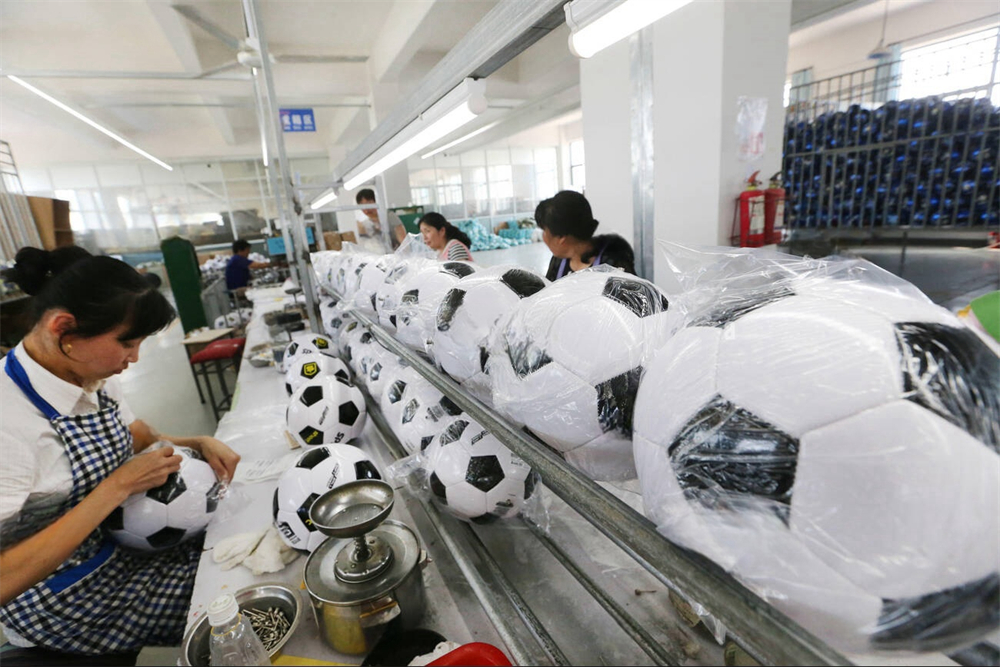
India: Semi-Automated with Artisanal Influence
Indian manufacturers blend machine-assisted processes with manual labor:
- Panel Stitching: Hand-stitching remains common for footballs, especially in regions like Jalandhar, known for skilled artisans.
- Material Limitations: Heavy reliance on imported synthetics increases costs and delays.
- Quality Variance: Inconsistent stitching tension or panel alignment can affect ball performance.
Key Challenge: Limited automation leads to slower output and higher defect rates (~10–15%).
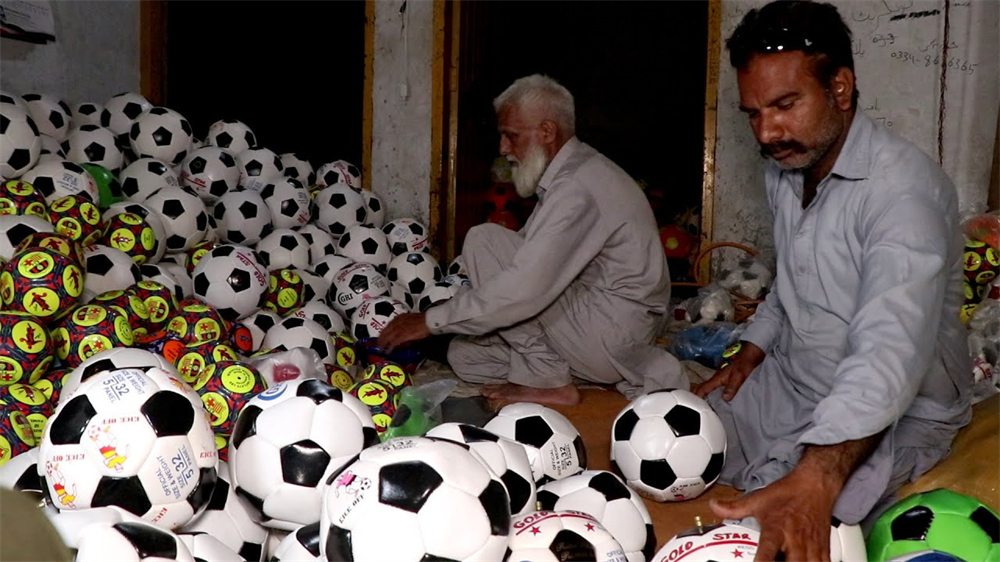
Pakistan: Handcrafted Dominance for Footballs
Pakistan’s Sialkot region is famous for hand-stitched footballs balls, supplying brands like Adidas and Nike:
- Labor-Driven Production: Over 60% of footballs are hand-stitched by workers earning low wages.
- Material Sourcing: Frequent reliance on mid-grade synthetics to keep costs low.
- Quality Risks: Manual processes increase variability in seam strength and air retention.
Key Drawback: Ethical concerns over labor practices and unpredictable quality deter bulk buyers.
2. Material Quality and Durability for Different Sports Balls
China: Premium Synthetics and Customization
- Material Sourcing: Direct partnerships with raw material suppliers (e.g., German TPU producers) ensure high-grade, weather-resistant synthetics.
- Customization: Offer UV-resistant coatings, anti-slip textures, and FIFA-approved bladder systems.
- Durability: Machine-stitched balls withstand 50,000+ kicks in testing; thermal-bonded balls excel in wet conditions.
Example: A Chinese-made FIFA Quality Pro footballs, or Volleyballs and Basketballs retains shape and air pressure for 2+ years with regular use.
India and Pakistan: Cost-Driven Compromises
- India: Mid-tier synthetics (e.g., recycled PVC) reduce costs but compromise water resistance and longevity.
- Pakistan: Hand-stitched balls often use thinner threads and lower-grade bladders, leading to seam splits or air leaks after 6–12 months.
Testing Data: Indian/Pakistani footballs(Volleyballs, Basketballs) show 20–30% faster wear in abrasion tests compared to Chinese equivalents.
3. Production Capacity and Delivery Timelines
China: Speed and Scalability
- Lead Times: 30–45 days for 10,000-unit orders, thanks to vertically integrated supply chains (e.g., in-house printing, packaging).
- Scalability: Factories handle orders from 500 to 500,000 units without quality dips.
- Logistics: Major ports (Shanghai, Shenzhen) enable rapid global shipping; 95% on-time delivery rates.
Case Study: A European retailer received 50,000 custom-branded volleyballs within 35 days during peak season.
India and Pakistan: Bottlenecks and Delays
- India: Lead times stretch to 60–90 days due to fragmented supply chains and reliance on external material suppliers.
- Pakistan: Political instability and port congestion often delay shipments by 2–4 weeks.
- Order Limits: Most factories cap orders at 20,000 units to maintain quality, complicating large-scale procurement.
4. Quality Control and Certifications
China: Rigorous Compliance
- Certifications: ISO 9001, BSCI, FIFA Quality Pro, and REACH (EU chemical safety).
- Testing Labs: On-site labs conduct weight, roundness, rebound, and water absorption tests.
- Traceability: Barcodes track each ball’s production batch, simplifying recalls if needed.
Stat: Less than 2% defect rate in Chinese factories versus 8–12% in South Asian counterparts.
India and Pakistan: Laxer Standards
- India: Only 30% of factories hold ISO certifications; testing often outsourced, slowing approvals.
- Pakistan: FIFA certifications are rare outside major exporters; child labor allegations persist in small workshops.
5. Footballs Cost Comparison(For example): Balancing Price and Value
| Factor | China | India | Pakistan |
|---|---|---|---|
| Price per Unit (Footballs) | $2–$4 (machine-stitched) | $6–$12 (hand-stitched) | $5–$10 (hand-stitched) |
| Hidden Costs | Minimal | Longer lead times | Quality disputes |
| ROI | High durability | Frequent replacements | Low trust in bulk |
Why Choose Chinese Footballs, Volleyballs, Basketballs Manufacturers?
- Faster Turnaround: Agile production and logistics meet tight deadlines.
- Superior QC: Automated systems eliminate human error.
- Customization: Advanced printing tech (e.g., sublimation) supports intricate designs.
- Ethical Compliance: Adherence to international labor and environmental standards.
Jet Sports China Advantage: As a leading footballs, volleyballs, basketballs supplier, we offer:
- 30-day standard delivery for orders of any size.
- Free pre-shipment inspections with video verification.
- OEM/ODM services for custom logos, packaging, and performance enhancements.
- ALCANMEDRO (Our Own Brand ) is registered in two major international markets of the EU and the United States. The OEM brand and our own brand have the same craftsmanship and quality, ensuring the interests of OEM customers.
Conclusion
While India and Pakistan cater to budget-conscious buyers, Chinese manufacturers dominate in reliability, innovation, and scalability. For businesses prioritizing quality, speed, and risk reduction, partnering with Chinese producers like Jet Sports China ensures seamless procurement and long-term customer satisfaction.
Visit https://jetsports-china.com to request a quote or schedule a factory tour today!
Keywords: football manufacturers China, volleyball suppliers India vs China, basketball production Pakistan, sports equipment manufacturing, OEM sports balls.


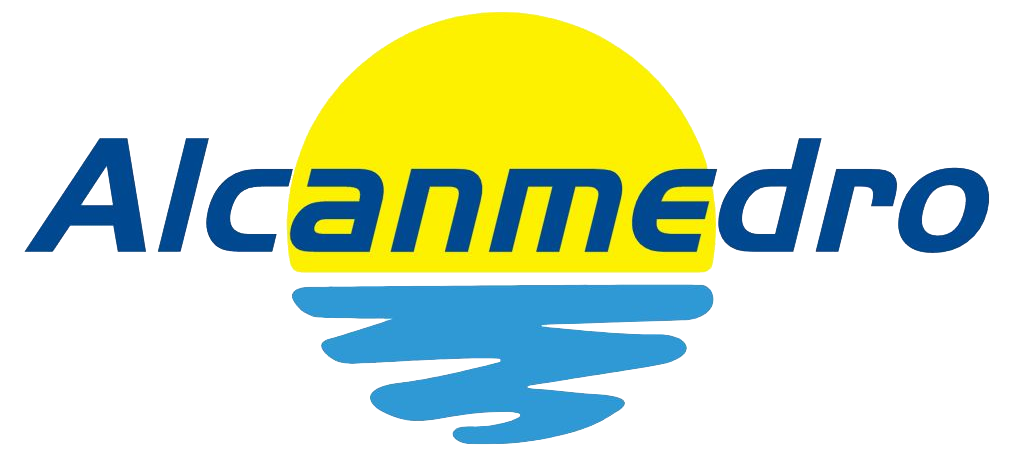
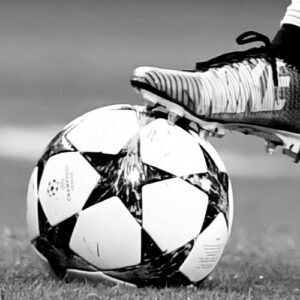
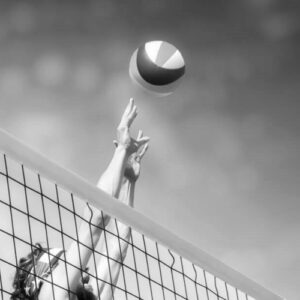

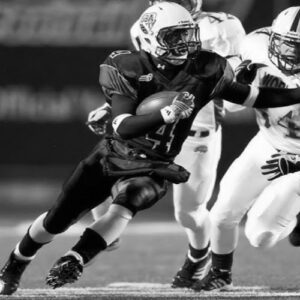
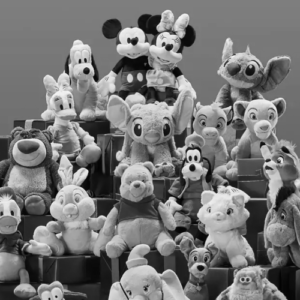

自动引用通知: Volleyball: Mikasa, Molten vs China: Performance, Price, Custom